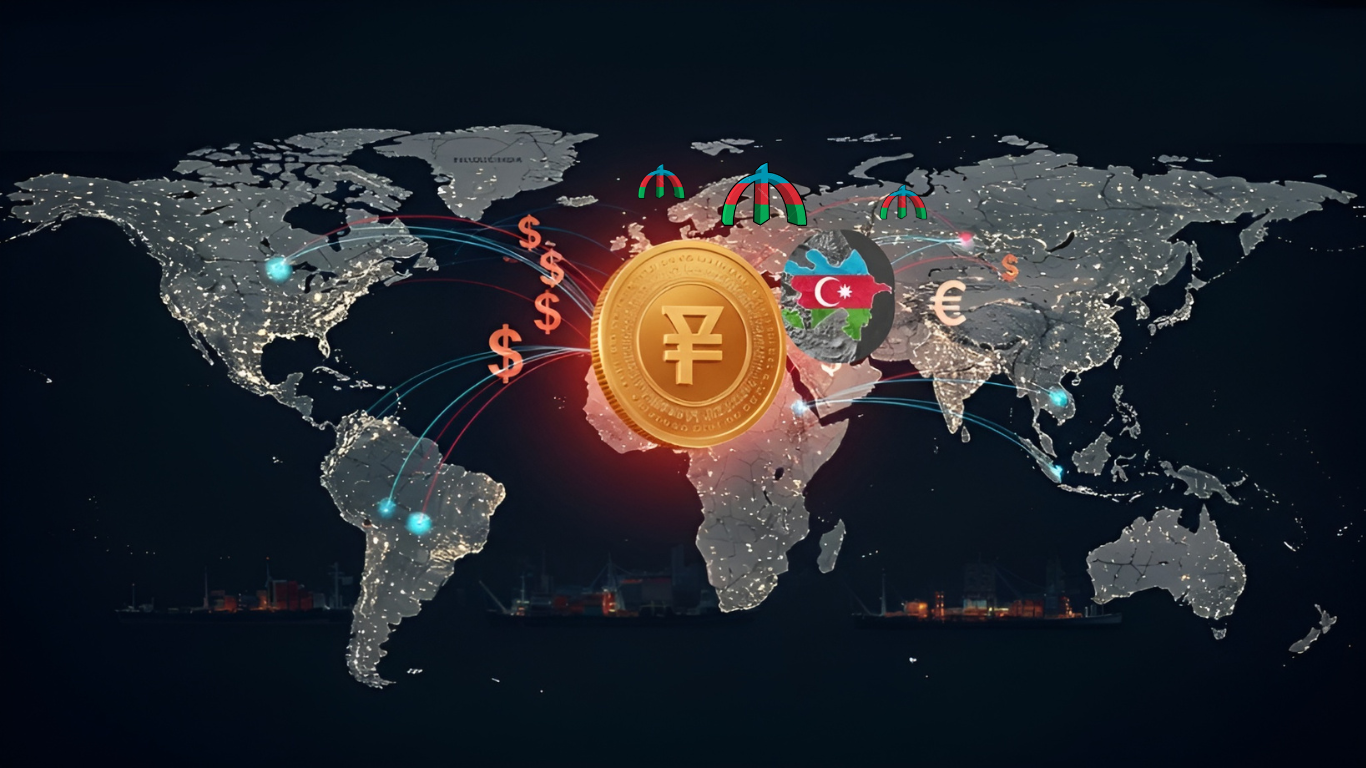• Kenya swaps $ loans for yuan to cut interest costs
• First such currency conversion in Africa, saves $215M yearly
• Aims to reduce dollar risk, manage soaring public debt
Kenya has converted three China loans denominated in U.S. dollars into yuan to cut interest costs and ease its overall debt-service burden, Finance Minister John Mbadi said on Tuesday.
The move, described as the first of its kind in Africa for sovereign borrowing, involves a currency swap replacing variable dollar-linked interest rates with lower yuan-based rates on three loans originally contracted from China Exim Bank.
Mbadi said the operation is expected to save the country about $215 million a year. He gave no details on the total value of the loans involved, the new interest rates applied, or the yuan repayment terms.
Kenya borrowed a combined $5 billion from China Exim Bank in 2014 and 2015 to finance the standard gauge railway linking the port city of Mombasa with Naivasha. Local analysts have called the line, part of China’s Belt and Road Initiative, Kenya’s most expensive infrastructure project since independence in 1963. According to the latest Finance Ministry data, the outstanding debt on those loans stood at $3.5 billion as of June 2024.
Beyond the projected interest savings, Mbadi said the conversion aims to reduce the country’s heavy exposure to U.S. dollar fluctuations.
“Presently, our debts are so concentrated in one currency, in dollar terms, especially external debts,” he said. “We are trying to spread that risk by diversifying currencies. That is why we approached the Chinese government to discuss how we could convert some of the debts that are in dollars to renminbi.”
President William Ruto’s administration has adopted what it calls a “proactive liability management” strategy to handle a public debt load nearing 70% of GDP. The approach includes extending repayment schedules and securing more concessional financing to ease fiscal pressure. As part of this effort, the government has already refinanced three eurobonds to lengthen maturities and is in talks with the International Monetary Fund on a new support program following the expiry of the previous one in April 2025.
Walid Kéfi







